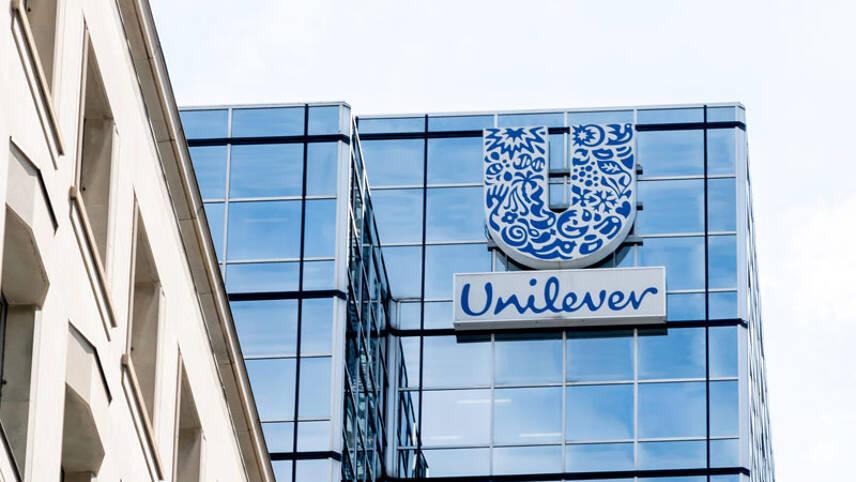Register for free and continue reading
Join our growing army of changemakers and get unlimited access to our premium content

The investigation concerns claims around personal care and homecare products
This morning (12 December), the CMA confirmed that it will put Unilever’s green claims “under the microscope” following an initial assessment of sustainability claims in Britain’s fast-moving consumer goods (FMCG) market earlier this year.
Unilever-owned personal care and household cleaning brands, including Cif, Persil, Comfort, Dove and Lynx may carry on-pack messaging that falls foul of the CMA’s Green Claims Code, the body warned. It will write to Unilever iminently to set out its concerns in fuller detail.
The CMA has publicly stated concern that Unilever may be using “vague and broad claims” and imagery on-pack and in advertisements, without providing additional data to verify its statements.
There are also concerns about whether claims made about one aspect of a product, like an ingredient or a packaging component, could be conflated by shoppers as applicable to the entirety of the pack and product.
Any of these things could lead shoppers to believe that their products are completely environmentally friendly as a whole, the CMA has stated.
CMA chief executive Sarah Cardell said: “So far, the evidence we’ve seen has raised concerns about how Unilever presents certain products as environmentally friendly. We’ll be drilling down into these claims to see if they measure up.
“If we find they’re greenwashing, we’ll take action to make sure shoppers are protected.”
The Authority has the power to implore companies to draw up plans to change the way they operate and report on progress in this field. It can also take brands to court.
A Unilever spokesperson said: “We are surprised and disappointed with the CMA’s announcement and refute that our claims are in any way misleading.
“Unilever is committed to making responsible claims about the benefits of our products on our packs and to these being transparent and clear, and we have robust processes in place to make sure any claims can be substantiated.
“We will continue to cooperate with the CMA and fully comply with further requests for information.”
The spokesperson also argued that the on-pack recycling label is widely understood and provides information on responsible disposal.
Greenwashing: A broader challenge
Unilever is not the only FMCG business at risk of misleading shoppers, whether intentionally or not. The CMA’s initial assessment of the FMCG sector, first confirmed in January 2023, found that many brands risk misaligning with the Green Claims Code through vague claims, jargon words and confusing symbols.
The CMA’s Green Claims Code is a set of 13 guidelines for businesses and brands with consumer-facing products and services. Issues covered by the code include ensuring the accuracy and clarity of claims; not omitting important information and enabling ‘fair and meaningful’ comparison.
It is not legally binding in and of itself but helps businesses assess whether their environmental claims comply with other facets of consumer law. It also forms the basis of CMA investigations into specific brands and sectors; the Authority has also investigated claims made by big fashion brands.
As awareness of the Code grows, complainants to the UK’s Advertising Standards Authority (ASA) are citing this resource.


Please login or Register to leave a comment.